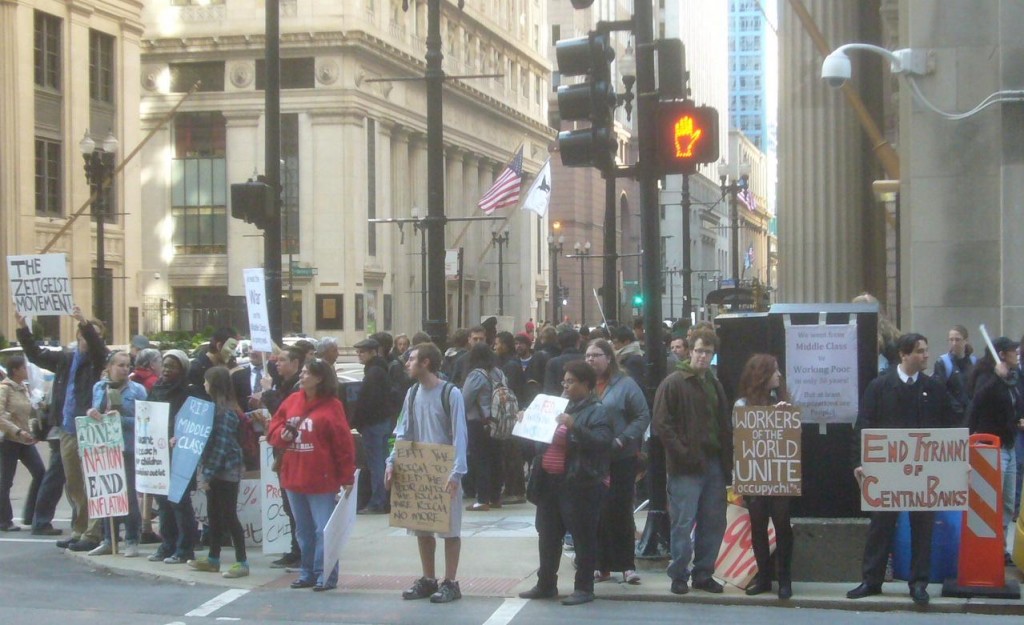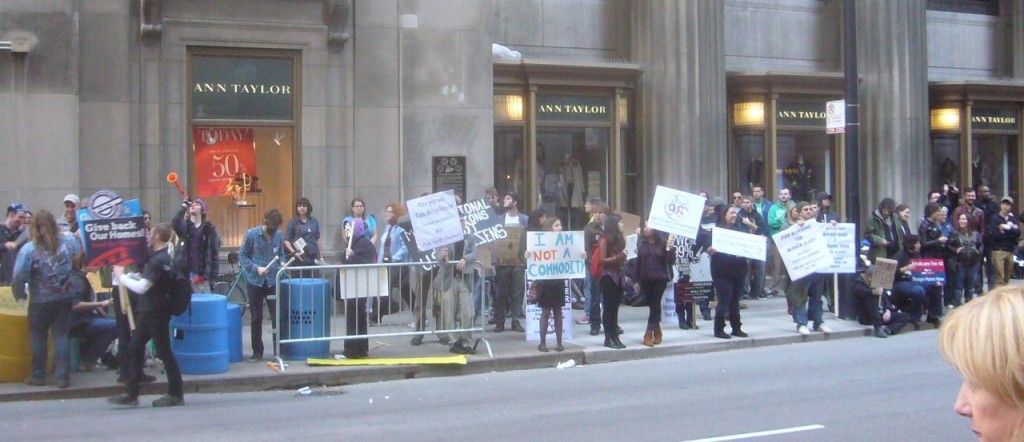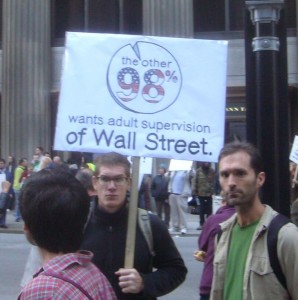I’ve long considered Dominic Frisby, perhaps the only working comic who’s also a financial writer, to be a Georgist. Several years ago he posted a nice video explaining the land value tax. Now he’s gone deep into a history of taxation and its effects, in Daylight Robbery: How Tax Shaped Our Past and Will Change Our Future Readable and succinct, but somehow by the end Frisby has forgot about his video.
The title is appropriate, so good that over a dozen older books already carry it, but the subtitle may be unique. Frisby asserts quite a few facts new to me, and for the most part provides references (altho some are a bit summary, showing only the domain name such as cbs.com, or time.com, where one might need to search around a bit).
The book starts with the story of Hong Kong, a British colony which prospered thru free markets and lower taxes (The point stands, even tho in recent years external demand pushed housing costs to obscene levels, and in recent months political and governmental interference made conditions even more difficult.) Going thru tax history, Frisby of course discusses the effects of the window tax (“daylight robbery”), and explains why it was considered to be fairer and easier to administer than its predecessor. He tells us about tax revolts and England’s first income tax, all records of which were apparently destroyed (source citation is a two-volume history that I can find only in Latin). He explains the cause of the U S War between the States (which Lincoln waged more for revenue purposes than in any opposition to slavery.) He notes that Hitler was tax-exempt, and the Guardian used a Cayman Islands entity to (apparently legally) avoid taxes.
After lots more stories about taxation and its role in history, moving to modern times, Frisby explains (as if any of us need to know) the burden that taxation of productive activity places on people trying to, well, be productive. He talks about the digital nomads and crypto currencies which make collection of production tax more difficult, and about digital transactions which make the collection easier.
Finally he proposes a Utopian tax system. Is it collection of all economic rent as the sole source of public revenue? Not really. He wants VAT (not to exceed 15%, and including narcotics) and income tax (also not to exceed 15%). So the record-keeping burdens and complexities of those will remain, tho perhaps a bit reduced because the impact of error is less. To these he wants to add L U T (Location Usage Tax), which is basically LVT but with perhaps a clearer name, and which would be set at some percentage of the land rental value. He wants voters to choose the percentage, apparently a single rate nationwide. And since he aims to keep governmental expenditures below 15% of GDP, it’s unclear that there would be any L U T at all.
“The location usage tax does not apply just to land, but to any asset granted by nature — the airspace the mineral wealth, and even the broadcast spectrums.” He doesn’t seem to have any problem with private collection of rent for “intellectual property,” even tho I P is a privilege granted and protected by the government, thus straightforward to track and assess– if there’s any justification for I P at all.
It seems that much of the land in Britain is “unregistered,” in that the owner isn’t known, and in Utopia this will be remedied by identifying every owner. I’m not sure why that’s necessary. A tax bill could be posted for each parcel, and a copy mailed to the owner should s/he request it. After due and repeated notice, If the bill isn’t paid, the land could be taken over by the Crown (or whatever they call it over there), and auctioned to somebody willing to pay the tax. (If nobody’s willing to pay the tax, it needs to be reduced.)
Would I like to live in Frisby’s Utopia? Well, of course here in the U S we have no VAT, and the retail sales tax is generally less than 15%. But income tax can be higher, and we have various other taxes which Frisby proposes to eliminate. And LVT has other benefits in addition to the revenue it generates. So on the whole, it’s a better deal, a step in the right direction. But Utopia? Go back and watch the video.
(Note: This review is of the 2019 edition of the book. The Publisher’s web site indicates that a new edition will be released later in 2020.)

 It’s pretty well-known that medical care is absorbing
It’s pretty well-known that medical care is absorbing 







